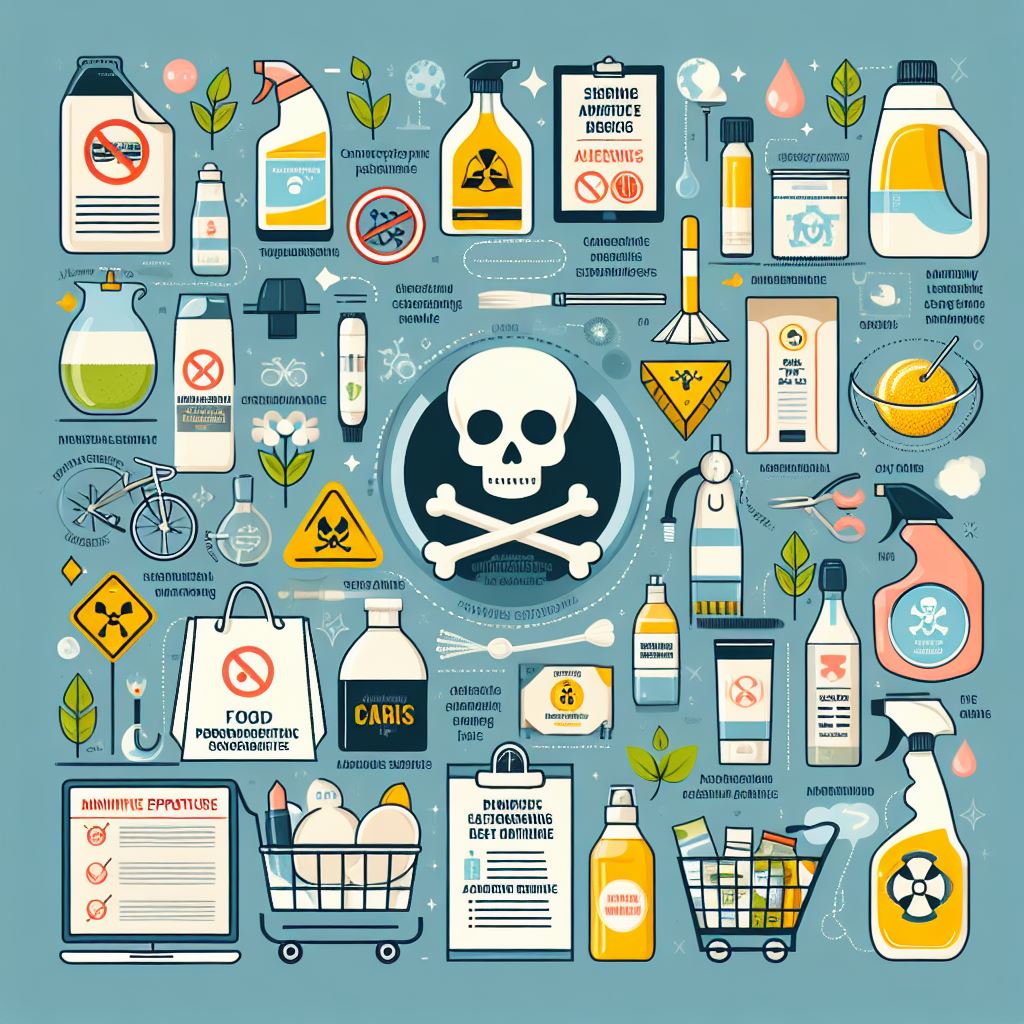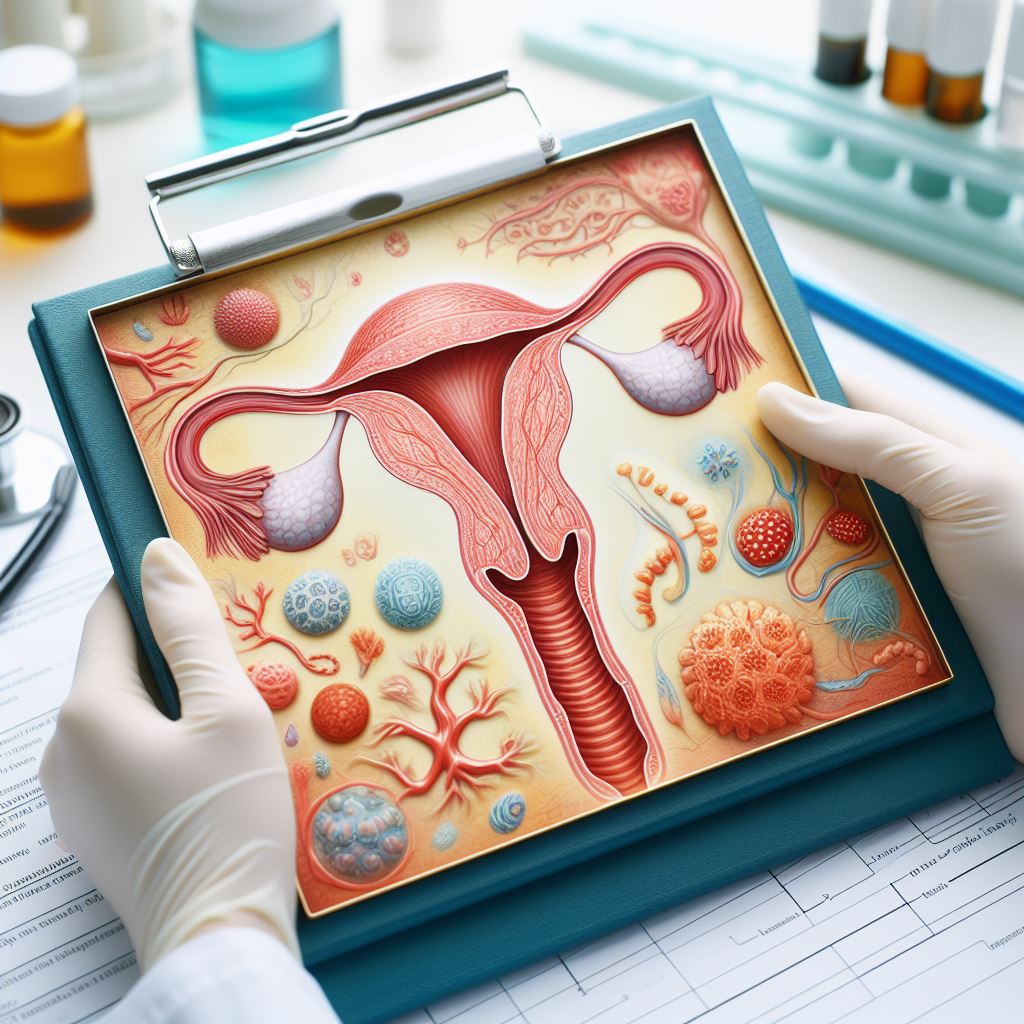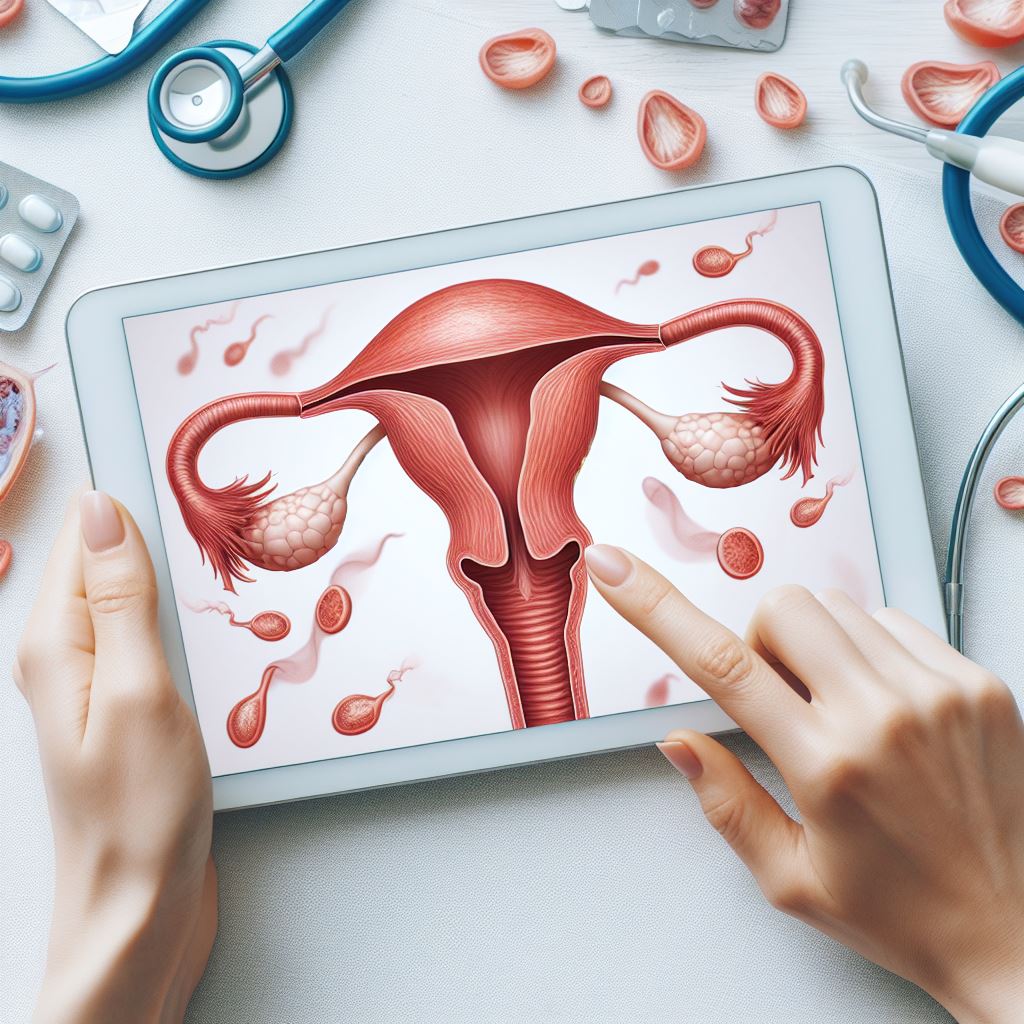We live in a world that is full of environmental toxins, which are harmful substances that are present in the air, water, soil, food, or products that we use or consume. Environmental toxins can include pesticides, herbicides, heavy metals, plastics, solvents, radiation, and many more. These toxins can have various negative effects on our health and well-being, such as causing cancer, diabetes, asthma, or allergies. But did you know that environmental toxins can also affect your reproductive system and your fertility?
If you are a woman who is trying to conceive, you may want to know how environmental toxins can impact your reproductive system and your chances of getting pregnant. In this blog post, we will explain what are the common environmental toxins that can affect female reproductive system and fertility, how they can affect your reproductive system and fertility, and what you can do to reduce your exposure and protect your reproductive health.
What are the common environmental toxins that can affect female reproductive system and fertility?
There are many environmental toxins that can affect female reproductive system and fertility, but some of the most common ones are:
- Endocrine disruptors: These are chemicals that can interfere with the normal functioning of your hormones, which are the chemical messengers that regulate your reproductive system and fertility. Endocrine disruptors can mimic, block, or alter the effects of your natural hormones, such as estrogen, progesterone, or testosterone, and cause hormonal imbalance, menstrual irregularities, ovulation disorders, or infertility. Some examples of endocrine disruptors are bisphenol A (BPA), phthalates, parabens, dioxins, and polychlorinated biphenyls (PCBs).
- Heavy metals: These are metals that can accumulate in your body and cause toxicity, which can damage your organs and tissues, including your reproductive system and fertility. Heavy metals can affect your egg quality, ovarian reserve, implantation, and pregnancy outcome. Some examples of heavy metals are lead, mercury, arsenic, and cadmium.
- Pesticides: These are substances that are used to kill or control pests, such as insects, weeds, or fungi, that can harm crops, animals, or humans. Pesticides can contaminate your food, water, or air, and enter your body through ingestion, inhalation, or skin contact. Pesticides can affect your reproductive system and fertility by causing hormonal imbalance, inflammation, oxidative stress, or immune dysfunction. Some examples of pesticides are organophosphates, organochlorines, pyrethroids, and glyphosate.
- Plastics: These are synthetic materials that are widely used for various purposes, such as packaging, storage, or transportation. Plastics can leach chemicals into your food, water, or air, and enter your body through ingestion, inhalation, or skin contact. Plastics can affect your reproductive system and fertility by acting as endocrine disruptors, affecting your hormone levels, egg quality, ovarian function, or implantation. Some examples of plastics are polyethylene terephthalate (PET), polyvinyl chloride (PVC), and polystyrene (PS).
How do environmental toxins affect female reproductive system and fertility?
Environmental toxins can affect female reproductive system and fertility in various ways, depending on the type, amount, and duration of exposure, as well as the age, health, and genetic factors of the individual. Some of the possible effects are:
- Reduced egg quality and quantity: Environmental toxins can damage the DNA, mitochondria, or membrane of the eggs, which can affect their quality and viability. Environmental toxins can also reduce the number of eggs that are available for fertilization, by affecting the ovarian reserve, which is the pool of eggs that a woman is born with and that declines with age.
- Impaired ovulation and menstrual cycle: Environmental toxins can disrupt the normal functioning of the hypothalamus, pituitary, or ovaries, which are the key organs that regulate the ovulation and menstrual cycle. Environmental toxins can affect the production, release, or action of the hormones that control the ovulation and menstrual cycle, such as follicle-stimulating hormone (FSH), luteinizing hormone (LH), estrogen, or progesterone. This can cause ovulation disorders, such as anovulation, which is the absence of ovulation, or oligo-ovulation, which is the infrequent or irregular ovulation. This can also cause menstrual irregularities, such as amenorrhea, which is the absence of periods, or oligomenorrhea, which is the infrequent or irregular periods.
- Decreased implantation and pregnancy rates: Environmental toxins can affect the implantation and pregnancy rates, by affecting the quality and function of the endometrium, which is the lining of the uterus that supports the implantation and growth of the embryo. Environmental toxins can affect the thickness, receptivity, or blood supply of the endometrium, which can reduce the chances of implantation or increase the risk of miscarriage. Environmental toxins can also affect the quality and function of the placenta, which is the organ that connects the mother and the fetus, and provides nutrients, oxygen, and waste exchange. Environmental toxins can affect the development, attachment, or invasion of the placenta, which can reduce the chances of pregnancy or increase the risk of complications, such as preeclampsia, intrauterine growth restriction, or preterm delivery.
What can you do to reduce your exposure and protect your reproductive health?
While it may be impossible to avoid all environmental toxins, there are some steps you can take to reduce your exposure and protect your reproductive health. You can do this by:
- Eating organic and fresh food, and avoiding processed and packaged food, that may contain pesticides, plastics, or other chemicals. You can also wash, peel, or cook your food well, to remove any residues or contaminants.
- Drinking filtered or bottled water, and avoiding tap water, that may contain heavy metals, plastics, or other chemicals. You can also use glass, stainless steel, or ceramic containers, and avoid plastic bottles or cups, that may leach chemicals into your water.
- Using natural or organic personal care and household products, and avoiding products that contain endocrine disruptors, such as parabens, phthalates, or fragrances. You can also read the labels and ingredients of the products, and look for certifications or seals that indicate their safety and quality.
- Avoiding or limiting your exposure to sources of radiation, such as X-rays, microwaves, or cell phones, that may affect your DNA or cells. You can also use protective devices or shields, and keep a safe distance from the sources of radiation, to reduce your exposure.
- Avoiding or limiting your exposure to sources of pollution, such as smoke, dust, or fumes, that may affect your respiratory or cardiovascular system. You can also use masks, filters, or ventilation, and avoid peak hours or crowded areas, to reduce your exposure.
- Detoxifying your body and boosting your immunity, by eating antioxidant-rich foods, such as fruits, vegetables, nuts, or seeds, that can help fight the free radicals and inflammation caused by environmental toxins. You can also take supplements, such as vitamins, minerals, or herbs, that can help support your liver, kidney, or lymphatic system, which are the organs that help eliminate the toxins from your body. However, before taking any supplements, consult your doctor to make sure they are safe and effective for you.
Conclusion
Environmental toxins are harmful substances that are present in our environment, and that can affect our reproductive system and fertility. Environmental toxins can affect our egg quality and quantity, ovulation and menstrual cycle, implantation and pregnancy rates, and cause various health and pregnancy complications. Therefore, it is important to reduce our exposure to environmental toxins, and protect our reproductive health, by eating organic and fresh food, drinking filtered or bottled water, using natural or organic personal care and household products, avoiding or limiting our exposure to sources of radiation or pollution, and detoxifying our body and boosting our immunity. Environmental toxins can be a threat to our fertility and our chances of having a baby, but we can take action to minimize their impact and maximize our potential..






